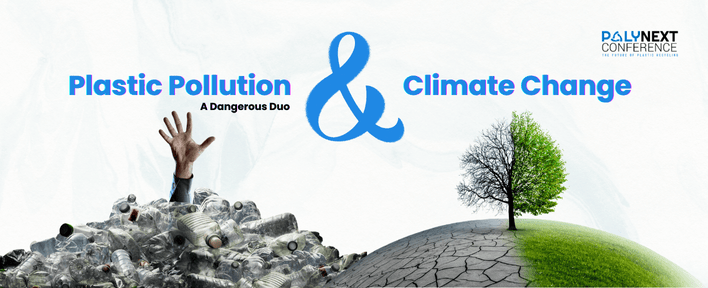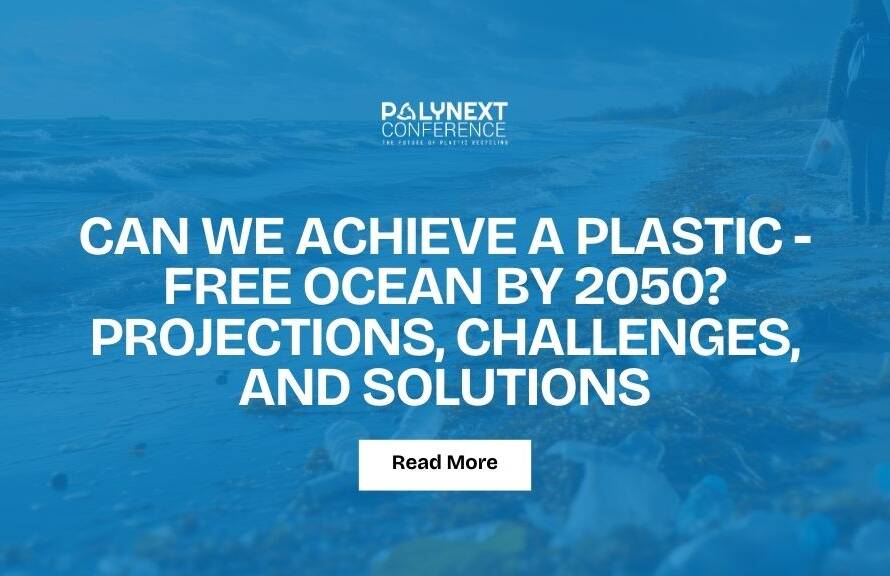Explore the global plastic pollution crisis, its ecological and health impacts, and cutting-edge solutions driving a sustainable future. Plastic pollution has rapidly emerged as one of the most pressing environmental challenges of our time. The convenience of plastic has made it a central part of our modern lives, but its persistence in the environment has created an ecological crisis.
From shopping bags and bottles to packaging and microbeads, plastics are everywhere. Sadly, a large share of them ends up in landfills, rivers, oceans, and even the air we breathe. This unchecked accumulation is now threatening ecosystems, wildlife, and human health on a global scale.
The Scale of the Problem
Global plastic production has risen to over 400 million tons annually, and the numbers are still increasing. Shockingly, almost half of this consists of single-use plastics that are discarded within minutes of use. Since plastic does not biodegrade easily, most of it lingers in the environment for hundreds of years, breaking down into smaller fragments called microplastics. These particles spread widely, infiltrating soil, oceans, and even polar ice. Recent studies have shown that microplastics have been detected in fish, table salt, and drinking water, confirming that humans are unintentionally consuming them as well.
Environmental and Human Impact
The consequences of plastic pollution extend across multiple dimensions:
1.Ecosystem Damage – Millions of marine animals, including turtles, seabirds, and fish, die each year after ingesting or becoming entangled in plastic waste. Coral reefs, which support diverse marine life, are also smothered and weakened by plastic debris.
2.Human Health Concerns–Microplastics are increasingly being found in food chains, and traces have even been detected in human blood and lungs. While research is still ongoing, early findings suggest potential links to hormonal disruption and long-term health risks.
3.Contribution to Climate Change –Plastics are primarily derived from fossil fuels. Their production, transportation, and disposal release large amounts of greenhouse gases, further fueling global warming.
Emerging Solutions
Despite the severity of the crisis,innovative approaches are being developed worldwide:
Biodegradable Alternatives –Companies are experimenting with plant-based plastics, edible cutlery, and compostable packaging to replace single-use plastics.
Circular Economy Models–Governments and industries are shifting toward recycling, reusing, and redesigning products to minimize waste and promote resource efficiency.
Technology and Data – AI-powered waste sorting systems, blockchain for supply chain transparency, and satellite monitoring are improving waste tracking and management.
Case Highlight: PolyNext 2025
A promising platform addressing this challenge is PolyNext 2025. This global event will serve as a hub for innovation, collaboration, and knowledge sharing on plastic management. PolyNext will bring together startups, researchers, policymakers, and industry leaders to showcase cutting-edge solutions—ranging from AI-driven waste segregation to biodegradable packaging innovations and circular economy business models. By fostering partnerships and scaling up new technologies, PolyNext aims to transform how the world manages plastics and accelerate the shift toward sustainability.
Conclusion
Plastic pollution is not just an environmental problem—it is also a social, economic, and public health issue. Tackling it requires collective global action, innovative solutions, and strong policy frameworks. Platforms like PolyNext demonstrate that progress is possible when innovation meets collaboration. If governments, industries, and individuals work together, we can reduce plastic dependency, protect ecosystems, and safeguard future generations. The fight against plastic pollution may be challenging, but it is a fight we cannot afford to lose.
References
Predicted growth in plastic waste exceeds efforts to mitigate plastic pollution.Science Advances
The New Plastics Economy: Rethinking the future of plastics. Ellen MacArthur Foundation



